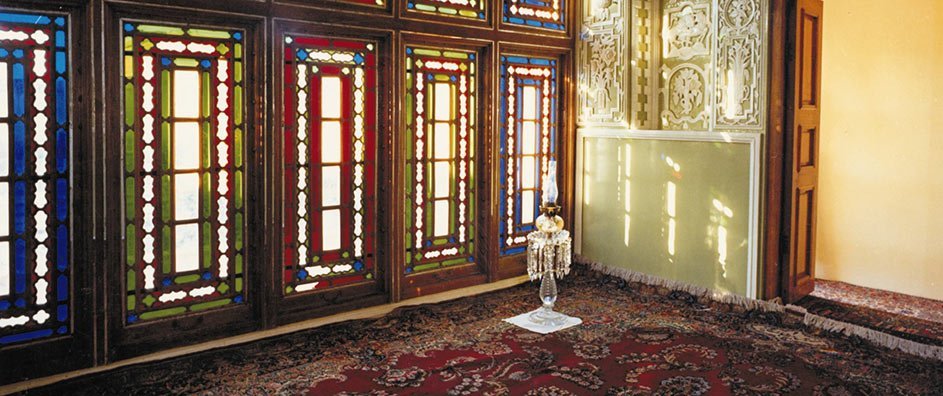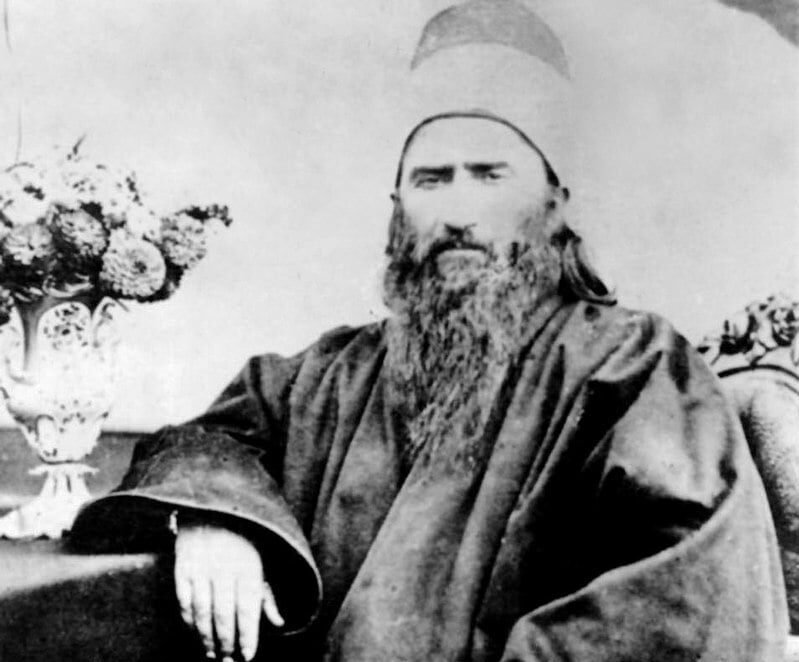The Middle East is a region between the eastern shore of the Mediterranean Sea and the line drawn by the border between Iran and Pakistan. The Middle East is part of West Asia with Asian Turkey, Transcaucasia and Egyptian Sinai.
The area concerned includes at least the Fertile Crescent (Jordan, Iraq, Israel, Palestine, Syria, Turkey and Lebanon), the Arabian Peninsula (Saudi Arabia, Yemen, Oman, United Arab Emirates, Qatar, Bahrain, Kuwait) and the valley of the Nile (Egypt). We sometimes add the Islamic Republic of Iran, Pakistan and Afghanistan (legacy of the definition inherited from the British Empire), the Maghreb States (Tunisia, Morocco, Algeria, Mauritania, Libya).

Contents
ToggleHolidays in the Middle East
Holidays of the month
May 6, 2025 (1 event)
May 6, 2025

Today, Turks celebrate Hıdırellez. This day marks the meeting of the prophets Hızır, associated with spring and rebirth, and Ilyas bringing rain to the arid lands meet. It designates the first day of the hot season called days of Hızır. #mythology #myth #legend #calendar #turkey #hidirellez #hizir #6May
May 13, 2025 (1 event)
May 13, 2025

Today, the Kalash people celebrate Chilam Joshi. It serves both spiritual and social purposes. People pray for the well-being of their livestock, invoking its deity, Goshidai. The 4-day festival also makes it easier to find potential marriage partners, with announcements made at the end by those who succeed in this quest. #mythology #myth #legend #calendar #13May #Kalash #ChilamJoshi
May 17, 2025 (1 event)
–
May 17, 2025
Today, Baha'is begin the month of Azamat, and the 19-day fast. This month means Greatness, and contains sacred days such as the Day of Azamat, the Declaration of the Bab, the birth of Abdu'l-Bahá, and the ascension of Bahá'u'lláh. #mythology #myth #legend #calendar #May 17 #Bahai #Azamat
May 20, 2025 (1 event)
May 20, 2025

Today, the Mandaeans (cult of John the Baptist) celebrate Dehwa Daimana. This marks the birth of the prophet. It is the occasion for baptisms among the children of the faithful. #mythology #myth #legend #calendar #May 20 #JeanLeBaptiste #DehwaDaimana #Mandaisme
May 22, 2025 (1 event)
May 22, 2025
 Today, Baha'is celebrate the Bab's declaration. The young herald of the Bahá'í Faith and the founder of its revolutionary predecessor, the Bahá'í Faith, declared his mission on May 22, 1844. #mythology #myth 1TP5Legend #bahai #May 22
Today, Baha'is celebrate the Bab's declaration. The young herald of the Bahá'í Faith and the founder of its revolutionary predecessor, the Bahá'í Faith, declared his mission on May 22, 1844. #mythology #myth 1TP5Legend #bahai #May 22May 29, 2025 (1 event)
May 29, 2025

Today the Baha'is celebrate the Ascension of Baháʼu'lláh, their Prophet. In 1863, in Iraq, he first announced a revelation from God and spent the rest of his life in prison in the Ottoman Empire. His teachings revolved around the principles of religious unity and renewal, ranging from moral and spiritual progress to global governance. #mythology #myth #legend #calendar #May 29 #Bahai #Bahaullah
Cultural areas of the Middle East
Religions in the Middle East are historically diverse: beyond the three great monotheistic religions and their respective confessions stemming from the Abrahamic tradition, many other religions have developed since Antiquity, some of which are still practiced in the 21st century.
Babism or the Babi faith (Persian: Arabic: بابی ها Bábí há) is a reforming and millenarian religious movement founded in Iran on May 23, 1844 (5 Jamádíyu'l-Avval 1260 AD), by a young merchant from the city of Shiraz, named Siyyid 'Alí Muḥammad Shírází (1819-1850) and nicknamed the Báb.
Bahaism also known as the Bahá'í religion (pronounced baˈhaːʔiː), Behaism or Bahá'i faith is a monotheistic religion whose goal is to unite humanity in its diversity (this perspective is already found in the poet Saint Kabir born in the 15th century in India). It was founded by the Persian Mirzâ Husayn 'Alî (1817-1892) in 1863. This name is derived from the nickname given to its founder: Bahá'u'lláh (in Arabic, "Glory of God" or "splendor of God" ). Bahá'ís are the disciples of Bahá'u'lláh.
Gnosticism is a religious movement bringing together various doctrines from the Mediterranean basin and the Middle East which are generally characterized by the belief that men are divine souls imprisoned in a material world created by an evil or imperfect god called the demiurge. The movement reached its peak during the 2nd century. The demiurge can be seen as an incarnation of evil, or as a good but imperfect god.
He exists alongside another supreme being, more distant and difficult to know, who embodies good. In order to free himself from the lower material world, man needs gnosis, that is, the esoteric spiritual knowledge available through direct experience or knowledge (gnosis) of the supreme being. Jesus of Nazareth is identified by certain Gnostic cults as an incarnation of the supreme being who incarnated to bring gnosis to men.
Zoroastrianism is a monotheistic religion of which Ahura Mazdâ (pehlevi: Ohrmazd) is the god, solely responsible for bringing order to the initial chaos, the creator of heaven and Earth. Zoroastrianism is a reform of Mazdaism, a reform prophesied by Zarathustra, whose name was transcribed Zoroaster by the Greeks (Ζωροάστρης, Zōroastrēs). This reform, founded during the 1st millennium BC. B.C. in present-day Iranian Kurdistan (Western Iran), became the official religion of Iranians under the Sassanid dynasty (224-651), until Islam arrived, although this religion was successful to blend into Iranian cultural heritage.





